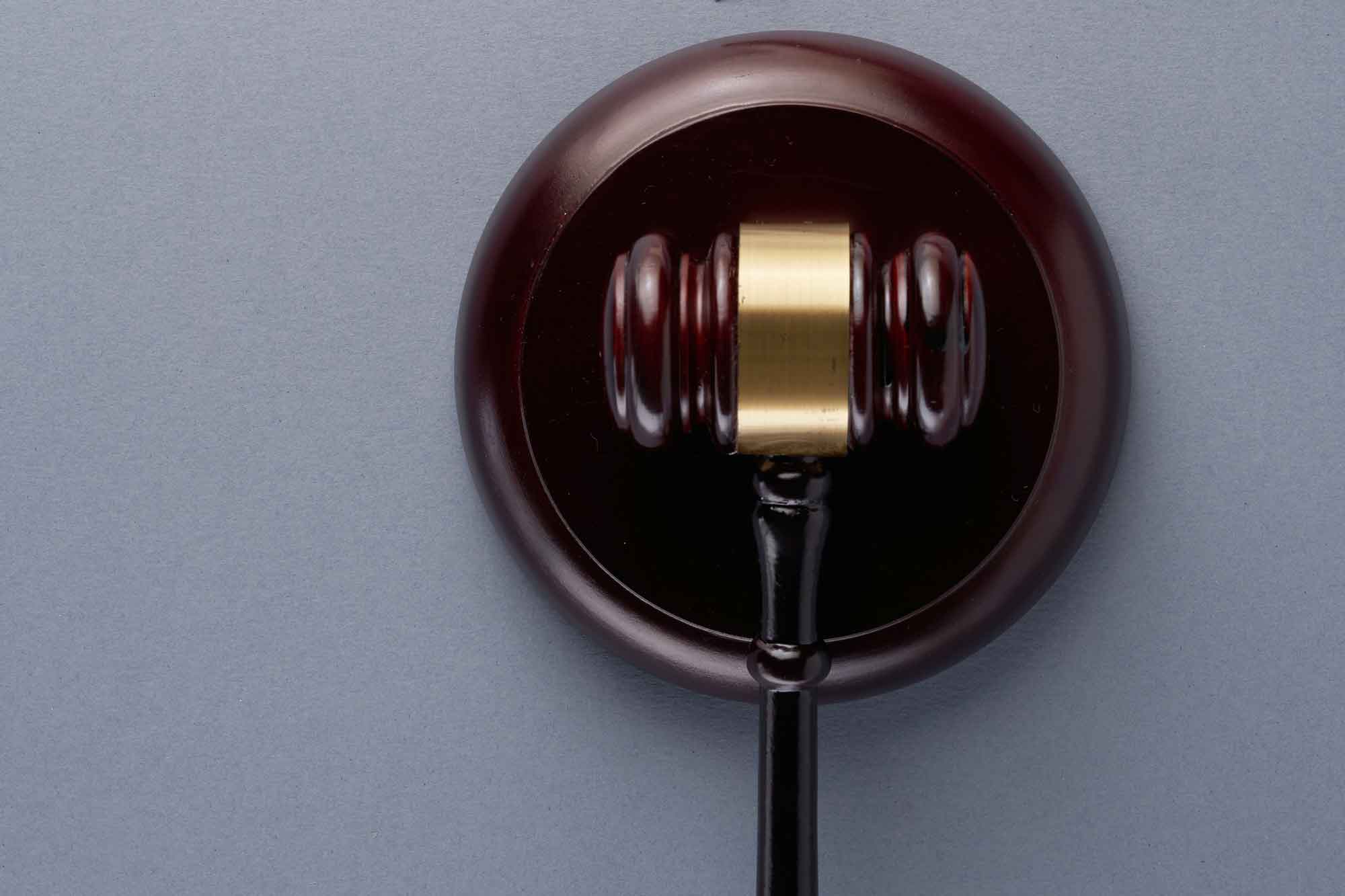On February 9, 2023, the DOL, Wage and Hour Division (“WHD”), issued Field Assistance Bulletin (“FAB”) No. 2023-1, providing guidance to agency field staff related to telework under the FLSA and the FMLA.1 This FAB demonstrates how the Agency applies laws and regulations to remote-work scenarios. Understanding this guidance is vital for employers and employees alike.
The FAB begins by discussing the regulations related to compensating non-exempt employees under the FLSA for all hours worked, “including work performed in their home or otherwise away from the employer’s premises or job site.” The DOL has emphasized that, generally, an employee’s workday is composed of “the period between the time when the employees commences their first ‘principal activity’ and the time on that day at which they cease such principal activity or activities.” Thus, an employee’s workday may extend beyond a scheduled shift. Pursuant to the FLSA, short breaks of twenty (20) minutes or less (for example, coffee breaks and restroom breaks) are generally considered as hours worked for which compensation is due (known as compensable time). Longer breaks where employees are completely relieved of duty and where the employee can use the time “effectively” for their own purposes (for example, meal breaks) are not compensable hours. The FAB stresses that “[t]he principles apply regardless of whether the work is performed at the employers’ worksite, at the employee’s home, or at some other location away from the employer’s worksite.” If the employee knows or should know that work is being performed by the employee, the time must be counted as hours worked. For example, if Debbie takes a meal break from 12:30 to 1:00 p.m., but she is interrupted by multiple work phone calls that each last several minutes, that meal break would be compensable. It is thus critical for employers to implement accurate time-keeping procedures, both for employees in the office and for those working remotely.
The FAB also discusses break time for pumping breast milk for teleworkers. Specifically, the FAB notes that “[t]he FLSA also requires that employers provide covered employees ‘reasonable break time for an employee to express breast milk for such employee’s nursing child for 1 year after the child’s birth each time such employee has need to express the milk’ and provide ‘a place, other than a bathroom, that is shielded from view and free from intrusion from coworkers and the public, which may be used by an employee to express breast milk.’” Employers are not required to compensate nursing employees for breaks taken for the purpose of expressing milk, unless employers provide compensated breaks and the employee uses that break to express milk. Importantly, as the FAB notes, “If a remote employee chooses to attend a video meeting or conference call – even if off camera – generally the employee in that case is not relieved from duty and, therefore, must be paid for that time.”
Finally, the FAB discusses the FMLA and its application to remote employees. Specifically, Employees who telework are eligible for FMLA in the same way as employees who report to the worksite for their jobs. “Employees are eligible for FMLA leave when they have worked for the employer for at least 12 months; have at least 1,250 hours of service for the employer during the 12-month period immediately preceding the leave; and work at a location where the employer has at least 50 employees within 75 miles.” The FAB further instructs, “The determination of whether an employee has been employed for at least 12 months and has at least the required hours of service is made as of the date FMLA leave is to start; the determination of whether at least 50 employees are employed at the employee’s worksite, or within 75 miles, is made when the employee gives notice of the need for leave.” Once again, it is critical that employers maintain an accurate time-keeping system for purposes of hours worked. For teleworkers, the worksite for FMLA purposes “is the office to which they report or from which their assignments are made.” A personal residence is not considered a worksite. Regarding an employer’s number of employees, “[t]he count of employees within 75 miles of a worksite includes all employees whose worksite is within that area, including employees who telework and report to or receive assignments from that worksite.” For example, if Debbie works remotely from Morocco for a company based in Orlando that has 300 employees within 75 miles of the headquarters, her worksite would be considered Orlando, and she would be entitled to leave under the FMLA if she met the other eligibility requirements.
Understanding the rights of teleworkers is important for both employers and employees. The FAB provides guidance related to the pertinent laws and regulations, but if you have any questions or concerns regarding this topic, or any topic related to labor and employment law, please contact us.
1 JESSICA LOOMAN, U.S. DEP’T OF LABOR, FIELD ASSISTANCE BULLETIN NO. 2023-1, TELEWORK UNDER THE FAIR LABOR STANDARDS ACT AND FAMILY AND MEDICAL LEAVE ACT (Feb. 9, 2023), available at https://www.dol.gov/sites/dolgov/files/WHD/fab/2023-1.pdf (last visited Mar. 21, 2023). All quotations herein are from the FAB unless otherwise noted.
Photo by Nathan Dumlao on Unsplash










